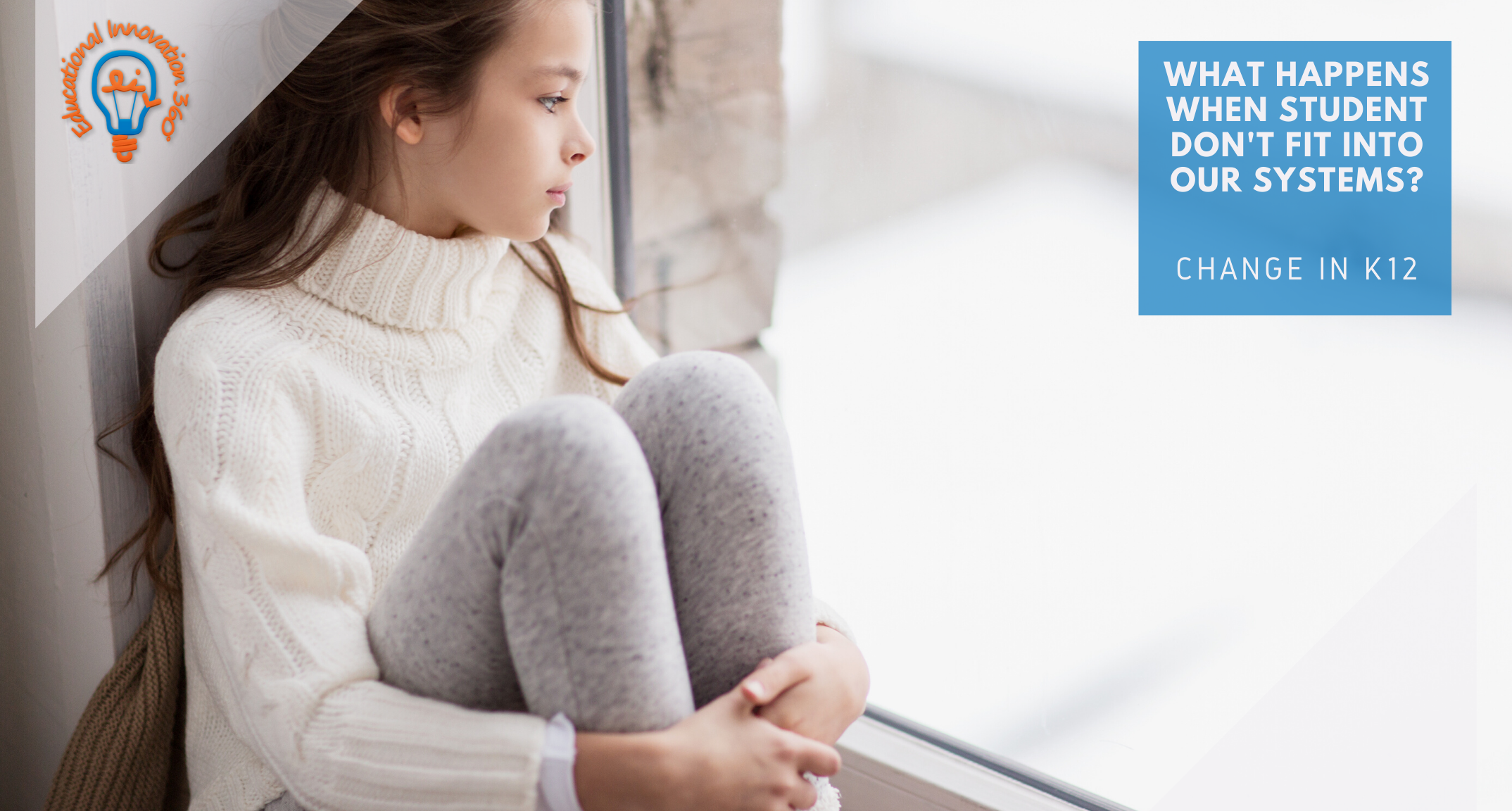This article explores how improving working conditions can shape a robust school culture and reduce teacher turnover, providing actionable insights for school leaders seeking to create lasting change in their schools.
Read MoreAre your students falling behind? It's not their fault! Traditional schools continue to widen the achievement gap. Hack the system with 5 powerful strategies to make schools equitable for ALL students.
Read MoreHow did higher education transform through the COVID-19 upheaval from 2019 to 2024? What strategies did universities implement to adapt to the challenges posed by the pandemic, and what lingering effects remain? Do you think we’ve made enough of a change for our students to survive in the future?
Read MoreUnlocking true potential goes beyond IQ. Discover two evidence-based approaches to cultivate emotional intelligence in your classroom, empowering students to thrive academically and emotionally. Dive into the science and practical tools to unlock the secret weapon for success!
Read MoreWitness first-hand how cutting-edge technology and the unprecedented challenges of the global pandemic are revolutionizing the way we learn, steering us towards a more personalized approach and redefining the conventional methods of teaching."
Read MoreHow do new teachers navigate the transition from structured college classrooms to the diverse and often chaotic real-world teaching environments? As they step into contemporary classrooms, they're met with unfamiliar teaching styles, unexpected challenges, and the need for effective observation and adaptation. With various learning styles and teaching methods at play, how can educators ensure they're embracing the best strategies for genuine student engagement and growth?
Read MoreAddressing challenges faced by new teachers can be a challenge. What are the effects of mentoring and induction programs on teacher retention, highlighting studies by Smith and Ingersol It emphasizes the importance of carefully selected mentors, their active engagement, and the benefits of collaborative support in enhancing novice teachers' experiences and commitment to the teaching profession.
Read MoreWhen teachers take the time to understand their students' needs and interests, they can build positive relationships with them, leading to increased motivation and success. So what are you waiting for?
Read MoreStudent engagement is largely based on how successfully teachers craft the learning assignments, rather than on the technology itself so how are you designing your lessons?
Read MoreDon't stress about finishing projects or units before Thanksgiving. I usually recommend wrapping up assignments before a vacation, but not Thanksgiving.
Read Moreif you're looking for ways to improve your child's life, consider incorporating some self-guided learning into it!
Read MoreThe United States alone has one of the highest high-school dropout rates in the world. I believe online learning is a start but we must prepare our classrooms for non-traditional students because if we don’t; the cycle will continue.
Read More












